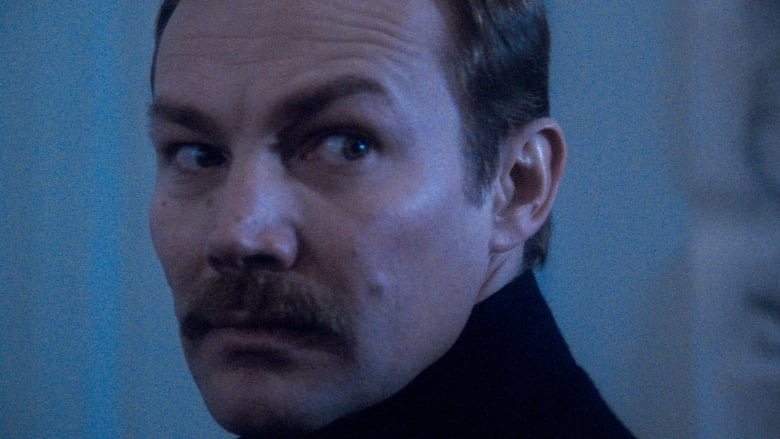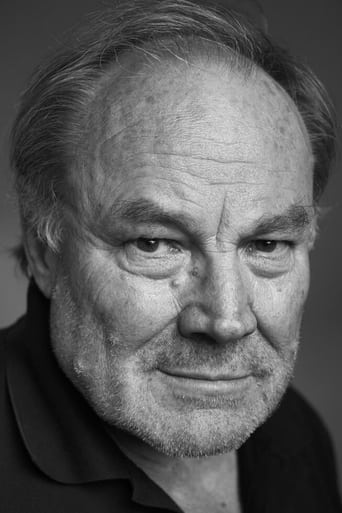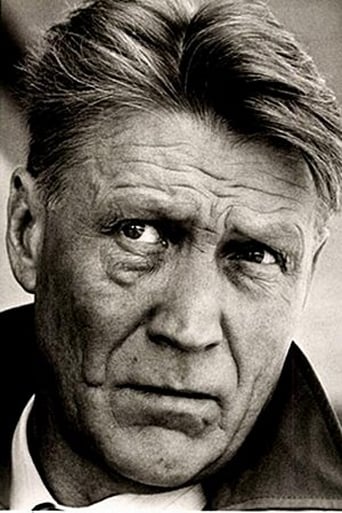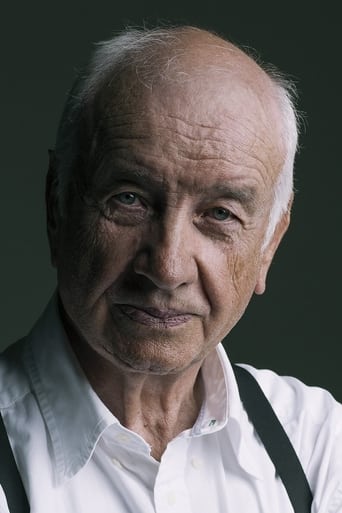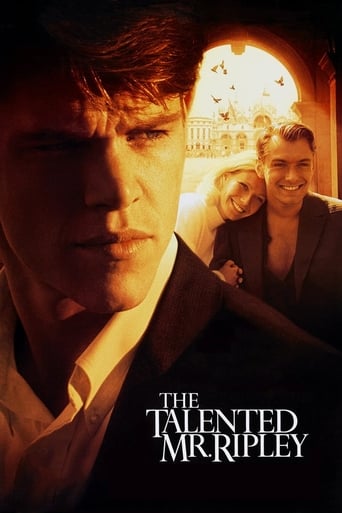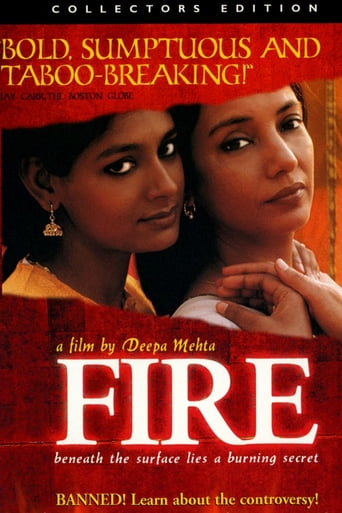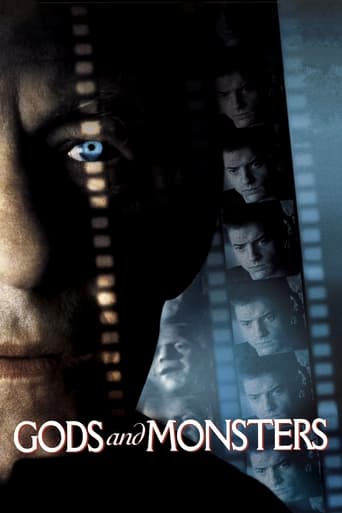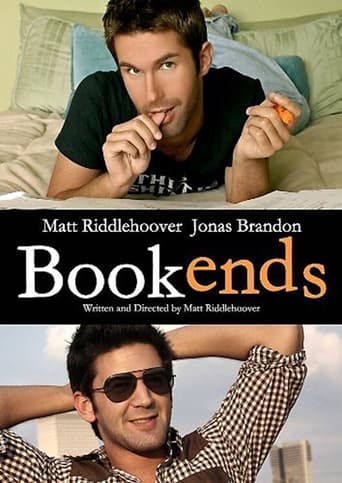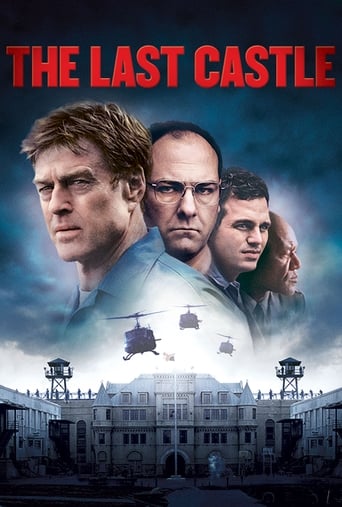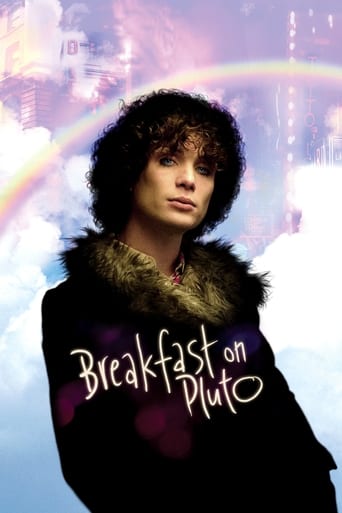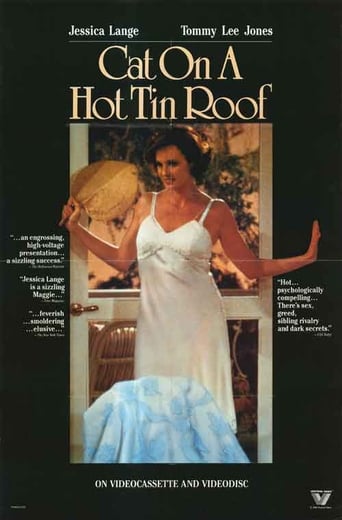Colonel Redl (1985)
Set during the fading glory of the Austro-Hungarian empire, the film tells of the rise and fall of Alfred Redl, an ambitious young officer who proceeds up the ladder to become head of the Secret Police only to become ensnared in political deception.
Watch Trailer
Free Trial Channels
Cast


Similar titles
Reviews
Dreadfully Boring
Fun premise, good actors, bad writing. This film seemed to have potential at the beginning but it quickly devolves into a trite action film. Ultimately it's very boring.
Mostly, the movie is committed to the value of a good time.
The story, direction, characters, and writing/dialogue is akin to taking a tranquilizer shot to the neck, but everything else was so well done.
Does Brandauer overact as one commenter has charged? At some parts of this brilliant, enigmatic film it could be argued that he does. But some histrionics might be expected from a man alone in a room who has been ordered to shoot himself and be quick about it.This is as much a political movie as a biographical one. It takes many liberties with the historical record. The generally accepted version is that Alfred Redl was being blackmailed by the Russian secret service which had learned of his homosexuality. There are NO Russians in this movie. That Redl was homosexual is only obliquely stated until the final thirty minutes. Indeed, before that he has relations with several women: a Vienna prostitute who acts the Happy Hooker indeed and the (married) sister of a fellow officer.In this film the poor performance of the Austrian armies in World War I is explained by an officer corps more concerned with drinking, card playing and skirt chasing than with military matters. Redl's handing over to his Russian controllers the troop dispositions for the Austrian armies is generally believed to be the cause of the losses during the opening stage of the War. The doomed Archduke Franz Ferdinand's only fault supposedly was that he lacked charm. Here the veteran German actor Mueller-Stahl portrays the **Thronfolger** as a political schemer, a shabby little man (he always appears unshaven) trying to hold the Monarchy together through trumped-up conspiracies and the playing off of one nationality against another.What this picture does best is portray the hollow grandeur of Habsburg Austria during its final years. The sets are magnificent. In one telling scene early in the picture, the boy Alfred, invited to an aristocratic home, spills some coffee and **four** servants come to clean up the spill.One minor quibble: this German-language movie is set in the Austrian Empire, much of it in Vienna the capital, yet no one sounds Austrian. The accent is very different from High German (Americans may compare Kissinger and Schwartzenegger). It would be like "Gone With the Wind" with all the Southerners speaking a kind of Oxford English.
The successful collaboration of Istvan Szabo with the Austrian actor Klaus Maria Brandauer in MEPHISTO (1981) resulted in another sensational movie, OBERST REDL (1985): again a story of a man in the German speaking country, again psychological theme of self confidence, again personal tragedy. However, in spite of the similar aspects that both movies share, the latter appears to attract in a different way.Is it history depiction that attracts? While MEPHISTO was a story of an actor who desired appreciation and acceptance from the Nazis and, by means of compromise and adjustment, hoped to survive (being at the same time a very realistic insight into historical reality), OBERST REDL, based upon John Osborne's play "A Patriot for Me" is a story of a soldier devoted to the Austro-Hungarian Empire. Living in its fading period, he gets through promotion and degradation. Yet, unfortunately, history is poorly executed. The depiction of the empire does not appear convincing. The Habsburgs are overly "cruel and cold". As a result, relating Redl to Mephisto and the background power the both characters serve would surely harm the Habsburgs since Mephisto cannot be understood without the Nazis and Redl without the Habsburgs. So what attracts in the movie and involves the viewer? This is the story of a life...a very unique insight into the main character's feelings and experience. His fanatical devotion that leads to a personal tragedy; a "son of the emperor," as called once by a priest in church, that turns into a "traitor"; an ambitious soldier that becomes an indefatigable spy. Brandauer does a perfect job in the role and I dare claim that, in the matter of the lead role, Redl is much more appealing than Mephisto. He represents a blind service of anyone who absolutely believes in political systems, governing bodies and who places all his hope in military career when war is more likely to break out. Redl is not a particular history but history in general that so often experiences enthusiasm, devotion, trust, success, but also disappointment, disillusion, fear, despair and madness. History personified in human being. I am aware that this aspect was also present in MEPHISTO, but here, the character can be analyzed within history or outside history.But from this clearly psychological analysis of the movie, we can easily switch to general political aspect. "I hate politics" says Redl after unpleasant events and disillusions. Why? Because politics leads him to do the things he would probably never do out of his free will. These are searches, imprisonments, investigations where people commit desperate acts including suicide, where friends turn into enemies, where one becomes Judas and where there is no room for humanity and forgiveness. It's important to mention the disturbing search at Victor Ullman's.A lot of thought provoking moments will draw your attention. First, consider Schorn's plot and the fatal duel. Who was guilty? Is death so easy to accept? I also reflected on the case of the Jews. Redl announces that contacting Jewish people will be unwelcome or, in most extreme cases, punished; yet, it is him who in the following scene writes a letter to Dr Sonnenschein, a Jew. Aren't we brutally masked among other people? Doesn't political correctness blind our "selves"? The famous mask ball in which Redl takes part clearly says for itself...As for performances, they are very good. As I have already mentioned, Klaus Maria Brandauer does a great job portraying a man who is not that easy to be discovered or interpreted. On the one hand, he is so desirous of personal military career, on the other hand, he doubts... I also loved Jan Niklas as Kristof Kubinyi, Alfred Redl's friend whose fate occurs so unexpected. Gudrun Landgrebe gives a memorable performance as Katalin Kubinyi for whom Redl seems to care and whom Redl really loves. And marvelous presence of Armin Mueller-Stahl as the Crown Prince - he supplies the role with a sense of royalty.Except for the cast, the film's strong point is the excellent use of visual effects, like locations, wardrobe and sets. It's magnificent, luxurious, elegant and very subtle. In one little moment, Redl sees his emperor, Franz Josef, standing at the lake and is absolutely overwhelmed by seeing his "Kaiser". The scene is as if a moving picture from the old photos that can be found in Austria and that remind us of the charming but lonely years of the late emperor.OBERST REDL is indeed an important movie to be seen by film fans. Yet not for the sake of history whatsoever but for the sake of great thought provoking content. Does the world judge our lives justly?
The second of director Istvan Szabo's collaborations with actor Klaus Maria Brandauer (I have also watched the first, MEPHISTO [1981, but not the third, HANUSSEN [1988]) is a well-mounted and stately production, typically meticulous and thought-provoking, highlighting the actor's towering leading performance. Once again examining the country's history at the time of a major upheaval (the eve of WWI) and with Brandauer - very ably inhabiting every facet of his complex role - giving another subtle, compelling portrayal of misjudged pride and the shameful exposure (thankfully, the homosexual angle of the plot is barely stressed) at the hands of the regime he had devoted his life to serving.
Brandauer again shows why reviews of his work often include the word 'magnetic' - You just don't take your eyes off him. His range is remarkable, his control of the minutest gesture superb, the subtlety of his physical screen presence majestic.Szabo's direction is again precise but not heavy handed. If this doesn't have quite the sweep or sting in the tail of their previous collaboration, Mephisto, it is still one of the finest European films of its time.The story is superbly crafted; to leave Muller-Stahl's Archduke Franz Ferdinand out until the last hour or so is an outstanding narrative technique, and if Muller-Stahl's performance is a trifle one-note, that's as much due to narrative constraint as actor ability - he's still pretty effective, and its one of his best roles.Szabo has an ability to investigate history in a curiously personal and touching sense of the individual, but leaving that individual dispassionately, and gazing at him objectively; thus what comes across is a really detailed and involving character struggling against an incredible force of inevitability. Like Visconti, broad strokes, but painted in the minutest of details - only unlike Visconti, full blooded and direct.It's at times witty, literate and touching, but always beautiful.

